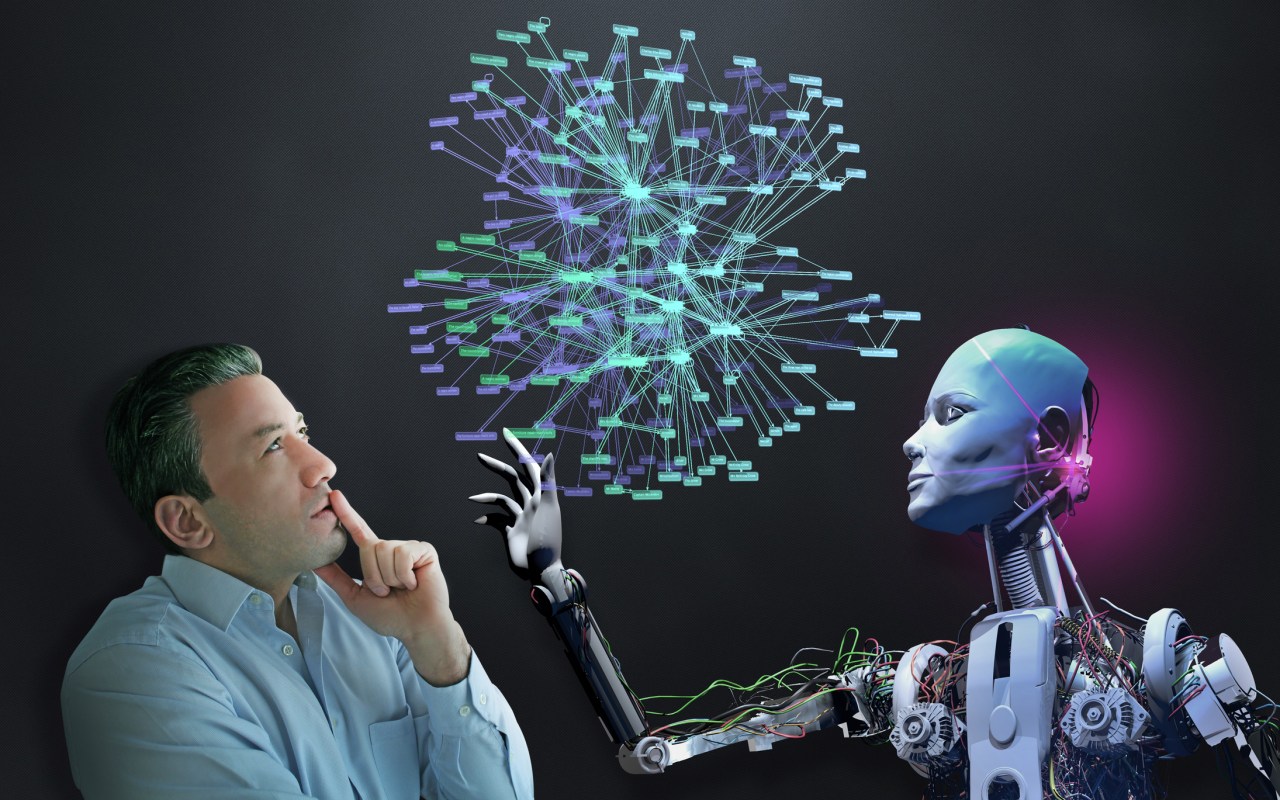The conversation surrounding artificial intelligence (AI) often dances between the realms of fear and fascination. While some may envision a future dominated by sentient machines unfurling an apocalypse of job loss, a closer examination reveals a more enlightened perspective. Rather than viewing AI as a threat, it should be recognized as an empowering tool designed to enhance human capabilities and boost productivity.
AI: The Partner, Not the Adversary
The trepidation surrounding AI is deeply rooted in our cultural narrative, particularly shaped by dystopian films and literature. This fear is compounded by public figures such as Elon Musk and Stephen Hawking voicing their concerns on AI’s potential dangers. However, tech leaders are beginning to pivot the narrative, focusing on AI as an enabler rather than a usurper. Research suggests that AI can help streamline processes and complement human creativity rather than replace it.
Enhancing Human Capabilities
One of the most profound insights about AI is its capacity to improve how we work. Companies like Accenture are already advocating for a future where AI is woven into the fabric of daily workflows. The aim? To make humans “super,” by not overwhelming them with processing tasks but rather augmenting their skills.
Examples in Action
- Augmented Reality in Manufacturing: In manufacturing environments, AI combined with augmented reality is showing promise. For instance, organizations using AI-driven headsets can provide step-by-step instructional overlays to low-skilled workers, significantly reducing the training period. Workers adapt more quickly, leading to enhanced productivity.
- Sales Tools with AI Integration: Sales organizations are capitalizing on AI by integrating it within CRM systems, such as Salesforce’s Einstein. This synergy allows sales teams to track not just their own deal pipelines but also external factors that may influence their sales outcomes. AI processes unstructured data like email tones, market changes, and relationship dynamics, equipping salespeople with invaluable insights while allowing them to focus on human interaction.
The Future Is Smarter Software
As technology continues to advance, the evolution towards smarter software is inevitable. According to Amit Zavery from Oracle, in the near future, software equipped with AI capabilities will be standard. This could mean that businesses will no longer choose between software versions. Instead, the AI-enabled version will become the norm, focusing efforts on extracting maximum business value.
Widespread Accessibility
The ramifications of AI will not just be restricted to big tech companies. Major platforms, including Google, Microsoft, and AWS, are making AI development tools accessible via APIs. This opens up AI’s potential to organizations of all sizes and encourages innovation across various sectors.
Conclusion: Embrace the Change
As we transition into an era dominated by AI, it is vital to acknowledge that this technology aims to enhance our capabilities rather than diminish them. While fears surrounding job loss and AI supremacy are prevalent, a more pragmatic view recognizes AI’s role as a partner in the workplace. Forward-thinking organizations are already implementing these solutions successfully—showing that AI is not the enemy, but rather a vital component of a more efficient, productive workforce.
At fxis.ai, we believe that such advancements are crucial for the future of AI, as they enable more comprehensive and effective solutions. Our team is continually exploring new methodologies to push the envelope in artificial intelligence, ensuring that our clients benefit from the latest technological innovations.
For more insights, updates, or to collaborate on AI development projects, stay connected with fxis.ai.

